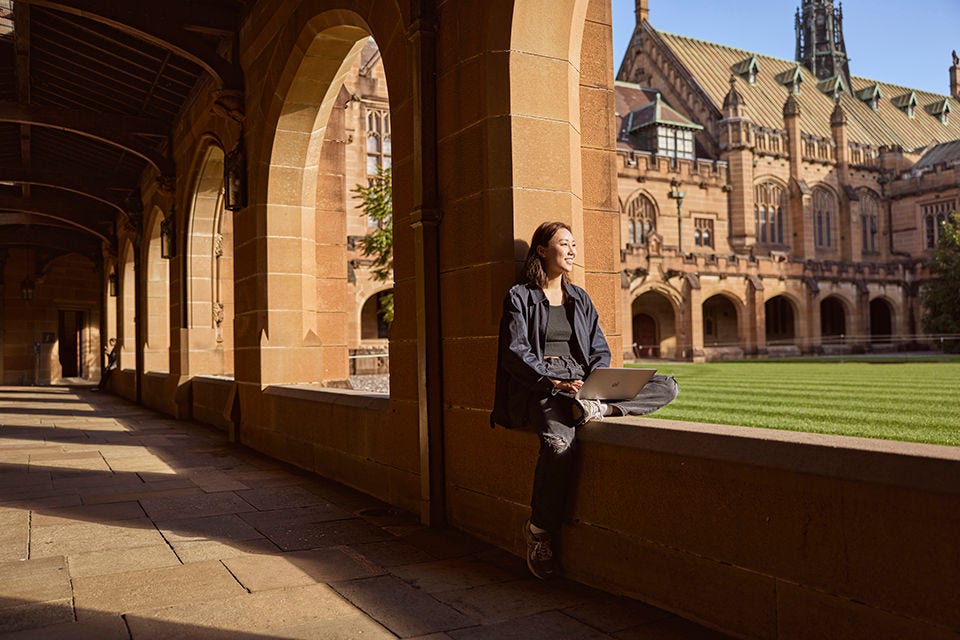Why choose Australia?
6 of the world’s top 50 universities
Source: QS World University Rankings 2026
97% of public universities ranked globally
Source: THE World University rankings
6 of the world’s top 50 student cities
Source: QS Best Student Cities 2026
